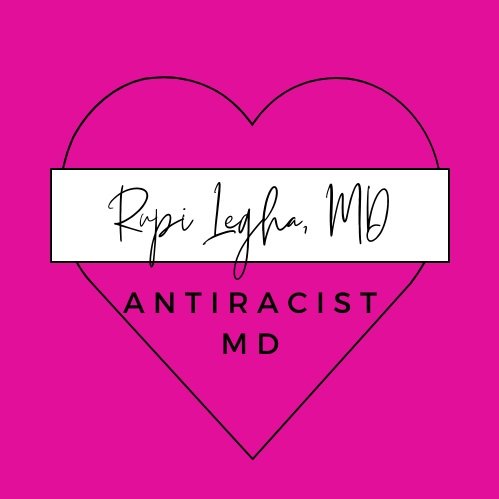The Full Informed Consent: Child Mental Health Assessments
Many parents enter child mental health care assuming that assessment, testing, and evaluation will lead to greater clarity regarding their child’s diagnosis, core problem, and optimal treatment. After all, blood draws, cultures, biopsies, and advanced imaging modalities, like CT-scans and X-rays, are hallmarks of American (bio)medicine. However, child mental health care is not like other medical specialties, for which tests and assessments might definitively point to a root cause of pathology with few if any risky “side effects.”
Commonly used psychometric tools for young people, like the PHQ-9 for depression or the SCARED for anxiety, seem harmless enough. But neither mentions the risk of children feeling scrutinized, blamed, or judged for being a problem in their families or schools. Nor do they provide a disclaimer for failing to inquire about various systems of oppression causing children harm. Children of color may score higher on measures of sadness (PHQ-9) and worry (SCARED) because they are the victims of their teachers’ anger and adultification biases. Unfortunately, these measures obscure root causes of distress stemming from racism and white supremacy. Child mental health providers then subsequently focus on enhancing children’s coping skills to manage their sadness and worry or medication to alleviate these symptoms, instead of taking it upon themselves to protect these children from their teachers’ harmful behaviors. Such “treatment” approaches become an additional form of mistreatment, blaming and indicting children for the trespasses of the adults charged with caring for them.
Child mental health providers frequently send out a battery of tests, like the Strengths and Difficulty Questionnaire and the Child Behavior Checklist, before a first visit. Unfortunately, the tests can feel just like that: a battery. Instead of feeling warmly embraced, children (and their parents) get a stack of papers sending them a clear message that they are to be scrutinized and blamed. There is a clear yet unstated risk of children and parents internalizing this judgment. Some children feel pressured to cover up or exaggerate their symptoms depending on how their families and schools are responding to them. Some parents, legitimately exhausted and confused by their child’s distress, misdirect their energy towards pinpointing the exact assessment tool so the non-existent magical pill or magic bullet intervention can be identified to “fix” their child. This approach detracts from the (intergenerational) trauma affecting the child, parent, and other members of the family unit. The mental health “care” causes the shared wound to fester instead of heal, and the child suffers the most as a result.
Mental health assessments masquerade as objective markers of truth and clarity, when in fact they are flawed and limited tools that too often decontextualize symptoms from the environments giving rise to them. Child mental health providers falsely advertise them as neutral instruments paving the one-way road to diagnosis and treatment, when they can be surgically invasive, cause unnamed harmful side effects, and do little to promote widespread healing. Kids deserve to commence mental health journeys by seeing their providers’ smiling faces telling them they are the best part of their day. Parents deserve to receive care from providers who offer the full informed consent regarding the unstated risks and subsequent harm that such assessments create.
Parenting Tip: When commencing a child's mental healthcare journey, ask your provider: “How do you use assessments? What are their potential risks and benefits? How do you make sure that your assessments and tools account for racism’s harm towards children? How does this assessment account for the harm my child experiences due to whiteness, cissexism, heterosexism, and other systems of oppression?”
You can now earn continuing education (CE) credits for reading this article. The CE experience for this Blog Post / Article is powered by CMEfy - click here to reflect and earn credits: https://earnc.me/mCtDIR
